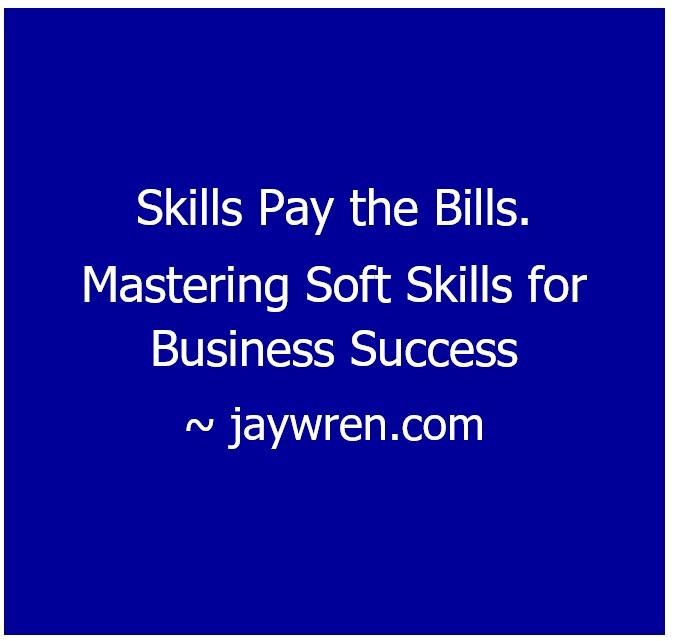When you are not going forward, you are going backward. If you make stagecoaches and your competition makes buses, your competition has moved forward. You have moved backward.
Some people, teams, and companies continue to become more skilled and successful. Other people, teams, and companies become less competitive through a failure to keep up with the growing strengths of their competition.
There are several ways to continue to develop skills.
Do volunteer work that will expand your skills. I became involved in working with public schools.
In one case, I worked with cell phone companies to pay to place cell towers on school property. The result of this work is that a cell phone company built lighting towers for a high school stadium for night games. I learned a great deal about complex public administration and have used that knowledge in working across the internal structure of my clients.
In another case, one of the parents on a volunteer committee asked me to get Cornell West, PhD and Harvard professor, to speak at John H. Kennedy High School, Sacramento, CA.
West is an alumnus of that high school and had recently published a best-selling book titled Race Matters.
Typically West was highly compensated for public appearances.
Neither I nor the high school had the money to pay West to speak at the high school. I negotiated a deal with West’s agent. I would create an alumni award in West’s name: The Cornell West Distinguished Alumni Award.
West spoke at the campus. He gave a terrific speech. I presented the award to West at the finish of his presentation to 750 students. The school made the award an annual tradition to honor other alumni.
I learned that great people like West want to make the world a better place and not get rich off everything that they do.
Interact with your counterparts in other departments. If you are a junior or mid-level manager, you do not have to know how to do most of the things that happen in your company. However, if you are going to get promoted, you will need to know more about the other departments as your responsibility progresses.
Invite people from other departments to join you for lunch and to take a walk during breaks. Ask productive, meaningful questions of your counterparts during business meetings. Thank people when they give you information that expands your knowledge and skills.
Pay attention in group discussions. Stay focused on what each person contributes to the discussion.
During the workday, speak with your counterparts or visit their departments. Be polite. Make sure your boss is okay with your spending a few minutes each day during your break to visit other departments in your company. Get their permission from the department head to come in and see what the department is doing. Take a real interest in their job and show an appreciation for their time and their contribution. Research their work before you visit them.
Remain curious and continue to learn. When you hear or read words you do not know, look them up. When you do not understand a subject, research it. There is information on the Internet to answer questions on almost any subject.
When you are among people who are talking about things you do not know, you can easily feel bored. Your mind may wander. Show an interest in what they are discussing and ask them to explain things to you.
Read books. I recently saw an article that libraries are disappearing. I have seen bookstores close. However, I have a library card and I check out books. I buy books. I trade books with friends and family. Internet tablets are great, but they are not great everywhere.
Some books are great for reference material. Other books are great for picking up new ideas. Sometimes I may read just a few pages of a book and come across solutions or ideas that enrich my life.
Take an interest in the people you meet. When you meet people, give them an opportunity to talk about themselves. Ask them about their interests, their job, and their family. Most people like to talk about things that interest them.
Don’t be afraid to show your ignorance. If they are into fantasy football, Rotisserie League Baseball, fashion design, or some other hobby or interest, and you are unfamiliar with those subjects, ask them about their interests. I can learn a lot more from listening than I can from speaking.
Skills development is a lifelong practice. I want to continue to grow. I want to stay competitive and flexible. I want to add value to my clients and future clients. I want to continue to bring greater value to my family and my friends. I want to stay relevant in an ever-changing world. To do those things, I have to continue to develop skills to match and exceed the needs of the people I wish to help. From continual skills development, I have more fun, I feel more secure, and my career grows from the new skills I develop.
